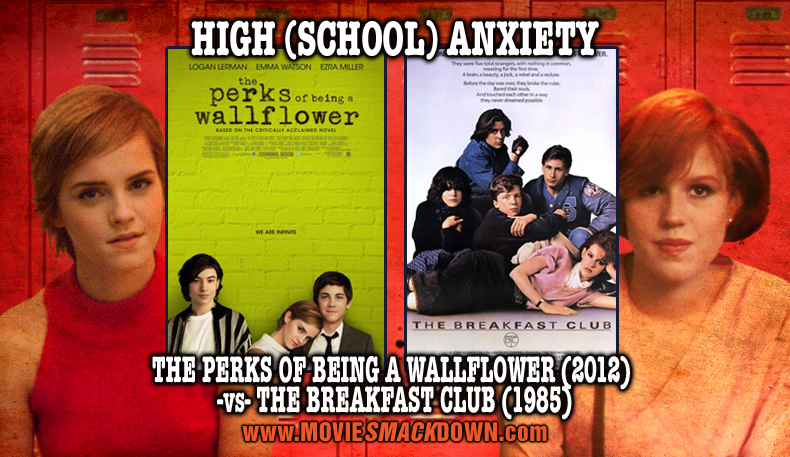
The Smackdown
Just in time for fall, we are reminded, thanks to Hollywood, of everything we loved and hated about high school. Twenty-seven years after The Breakfast Club, the coming-of-age story of ï¬ve students locked together in high school detention, The Perks of Being a Wallflower introduces us to Charlie, a freshman boy in dire need of friends. Both films use humor to examine the pain of being a high school misfit, an immutable movie (and real-life) trope since before James Dean played chicken in Rebel Without a Cause.
Charlie’s group, like the various Breakfast Club miscreants before them, break through seemingly impossible barriers to get to know each other and themselves, without even having to worry so much about being dateless for prom or being given a “swirly†— having their heads shoved into a flushing toilet — by the school bully. What is this madness!
As I myself was still in high school a mere three years (and an eternity) ago, I’m feeling a bit cheated that I didn’t graduate with a profound sense of who I am in the world, like the kids in this competition. Maybe I didn’t spend enough time with the right misï¬ts. In any case, I’m left to wonder: Which one of these gangs is gonna give the other dorks their morning swirlies? So put off that term paper and hold onto your lunch money — the opening school bell is about to ring!
The Challenger
In author Stephen Chbosky’s popular 1999 book, The Perks of Being a Wallflower, Charlie writes letters to someone he does not personally know, beginning each missive with the salutation, “Dear Friend.†In the movie adaptation, Chbosky (writing and directing his first high-profile feature) shows Charlie (Logan Lerman) writing at his desk while narrating his letters in order to move the story forward. A teenager just entering high school, Charlie has a football-star brother and a sister who is involved in an abusive relationship, and he still feels the stinging sense of loss of a best friend who committed suicide the year before. This year, he writes, he will change his life.
In love with books and all things literature, Charlie makes friends with his smart and caring English teacher, Mr. Anderson (Paul Rudd), who encourages him to participate in extracurricular activities — in other words, to be a kid. Trying to fulï¬ll this new goal, Charlie ï¬nds himself wedged in between Patrick (Ezra Miller from We Need to Talk About Kevin) and Sam (Harry Potter’s Emma Watson) at a football game. This quirky stepbrother/stepsister duo make the entire ï¬lm, starting with their performing of something they call their “living-room routine†at the homecoming dance. Charlie loves them, especially when they drive through the interstate tunnel while standing in the bed of their truck, feeling “infinite.†Under Chbosky’s direction, this looks (and must feel) like flying. Patrick drives, Sam flies, and Charlie falls in love. We’re a little bit jealous.
Patrick and Sam introduce Charlie to partying, friends, drugs and sexuality. Throughout his ï¬rst year of high school, Charlie learns how to open himself up, and comes to realize that his differentness may not be his fault, but the result of a traumatic childhood.
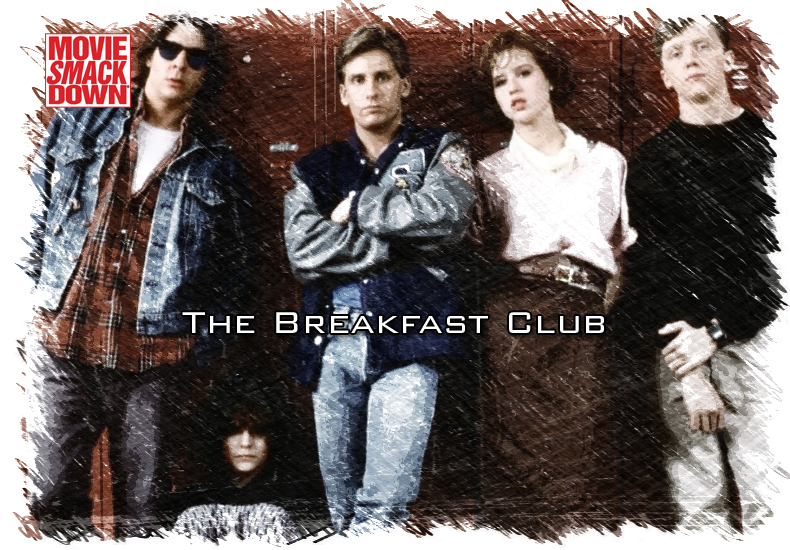 The Defending Champion
The Defending Champion
Probably no one mined the humor, the angst, or the sheer, coming-of-age wonder of high school like writer-director John Hughes in the 1980s and ‘90s. One of his most enduring films, The Breakfast Club, seems simple to the point of cliché, but through the course of its story, its characters take on a level of depth that transcends the genre. Hughes introduces us to ï¬ve stereotyped students, thrown together for detention on a Saturday. The princess, Claire (Molly Ringwald); the jock, Andrew (Emilio Estevez); the criminal, Bender (Judd Nelson); the nerd, Brian (Anthony Michael Hall); and the basket case, Allison (Ally Sheedy) are told to sit in the school’s library for eight hours without talking. The assistant principle, Mr. Vernon (Paul Gleason) saunters in and out but leaves the group mostly unsupervised.
The students begin to get to know each other by passing around a joint and spilling their secrets. Guess what: Claire isn’t the only virgin! And that pressure Andrew feels from his father? Bender gets it too, though in the Bender house, it’s a little more literal and painful. By the end of the day, the five have bonded to the point that they dread their inevitable migration back to their respective stereotypes on Monday, when they will be forced by the school’s social structure to resume ignoring each other.
The Scorecard
Who can’t relate to high school drama? We all sat through classes, danced through prom, and suffered the indignity of alienation and rejection. If you’ve ever stood against the wall at a dance, you’ve felt at least a little bit of The Perks of Being a Wallflower. Chbosky does an excellent job developing Charlie as the nerd who knows the answers in class but doesn’t raise his hand, keeps his head down in the hallways and only talks to the teachers. Lerman makes him feel unique, even though his predicament is completely familiar. Breakfast Club also takes what could be pat characters and gives them lives that still ring true after 27 years. As an ensemble, the team of young actors edges out the Perks crew on points. Emma Watson is loved by Harry Potter fans for her beauty and grace, but to take her seriously as a drug-loving “misï¬t toy†is a bit of a stretch, especially when her English accent pops up randomly throughout the ï¬lm. She does an admirable job trying to leave Hermione Granger behind, but that’s a tough challenge that will require more time.
Both ï¬lms deal with drug use and abuse. In Breakfast Club, Brian, Claire and Bender share a joint in the school’s library, while Andrew and Bender tell of their respective emotionally and physically abusive fathers. Perks takes it to another level, introducing Charlie to marijuana, ecstasy and LSD, and giving almost everyone a history of suffering emotional or physical abuse. Have drugs and abuse become more widespread, or have audiences become more accustomed to viewing them on screen? Either way, Perks digs deeper into the physiological effects of these types of misconduct, and does it convincingly.
Sex is another rite of passage that both movies tackle. Bender sexually harasses Claire (reaching up her skirt when hiding under the table) and eggs on everyone to share their sexual histories. In Breakfast Club, students confess to a fear of losing their innocence, though in Perks, virginity is something that is barely touched on. Virgins? Those still exist? It seems as though no one in this film has a healthy introduction to sex. Though very real, the drama pushes the boundaries of its PG-13 rating. The layers upon layers of dysfunction worked better in the book, where Chbosky had more space to weave in comic relief and pacing. No amount of flying through the interstate tunnel can give us enough breathing room to fully digest the plate of crisis Perks serves us. Breakfast Club has its rough moments too, but on the whole, uses a more palatable mix of comedy, joyful music and drama.
The Decision
The rumors are apparently true: Nobody likes high school. Though The Perks of Being a Wallflower is an earnest, well made ï¬lm that reminds nerds there is hope – especially when they surround themselves with sympathetic friends – the movie works better as a book to curl up with and put down when you need a break from all that nerve-jarring misery. But when the final bell rings, only one of these films stands proudly with diploma in hand, having knocked down stereotypes and pulled a solid percentage of well earned laughter through the tears, and it’s our winner, The Breakfast Club.

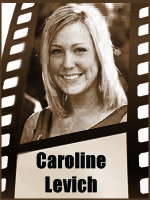
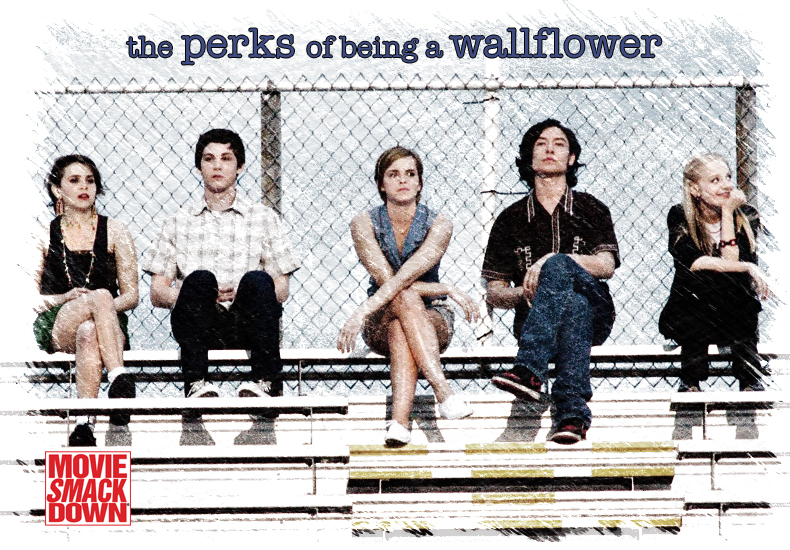


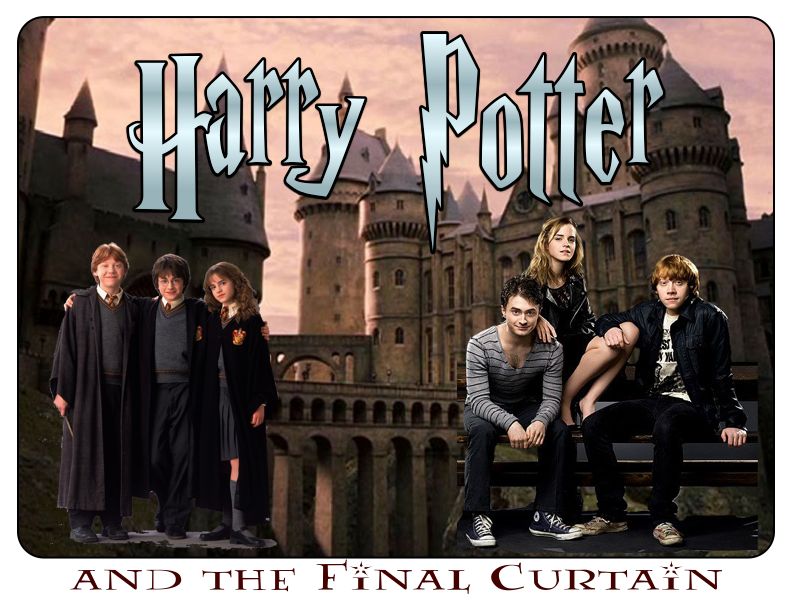
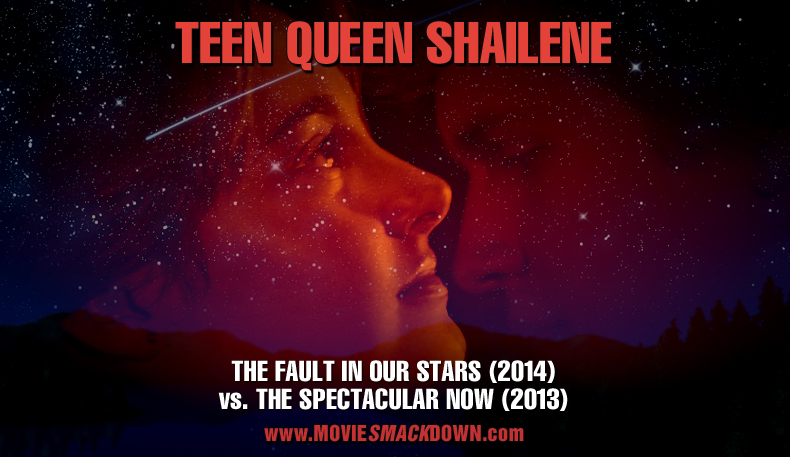
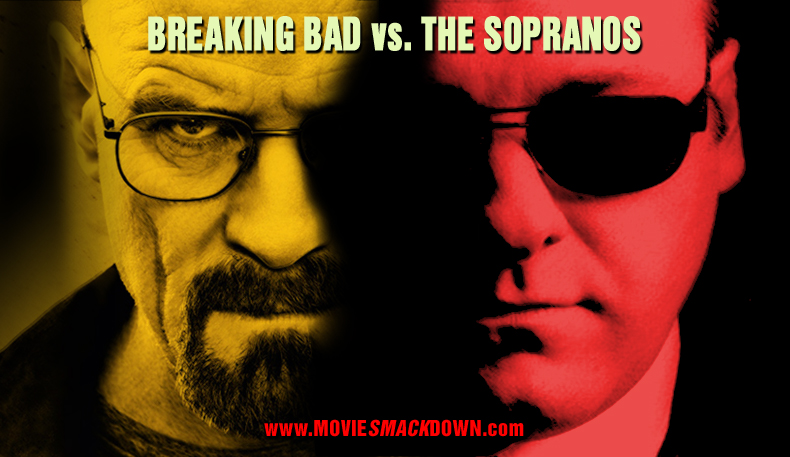
Completely disagree. Completely.
Care to explain why?